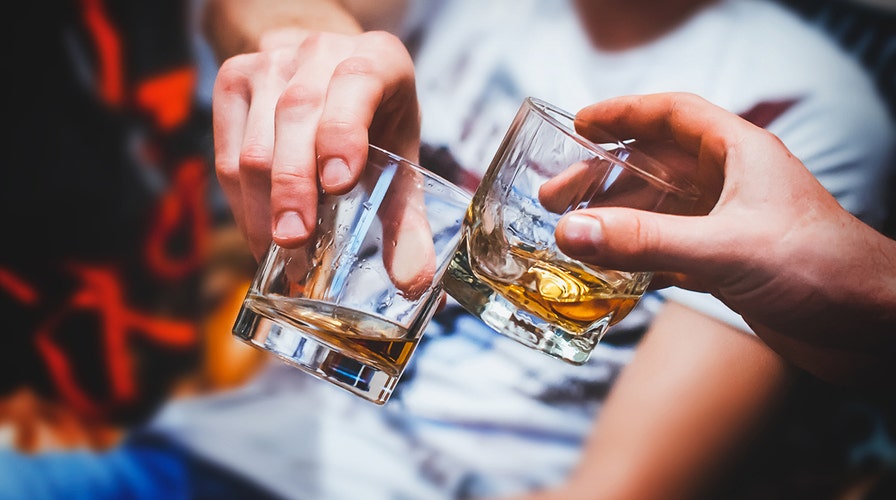Get all the latest news on coronavirus and more delivered daily to your inbox. Sign up here.
The closure of 600 wine and spirits stores across Pennsylvania last week has raised concerns about health problems resulting from the blanket shutdowns, prompting the governor to revisit the decision.
“We are looking at that very seriously,” Gov. Tom Wolf said. “I’m trying to understand the thinking in other states. On the one hand, this can be considered a nonessential function. On the other hand … this sometimes gets to be a health issue for those with a substance use disorder.”
HUNDREDS DEAD IN IRAN AFTER CONSUMING METHANOL THINKING IT WAS CORONAVIRUS PROTECTION
Pennsylvania is the only state to completely close down all stores, according to the Distilled Spirits Council of the United States, after Wolf ordered all nonessential businesses in the state to close as part of efforts to mitigate the spread of coronavirus and reduce the strain on hospitals.
But the Department of Drug and Alcohol Programs (DDAP) has warned of alcohol-withdrawal health problems stemming from the shutdown. Withdrawal itself is not life-threatening, but complications such as convulsions, epileptic seizures and cardiac arrhythmias can be deadly.
US NAVY TESTING ALL 5,000 SAILORS ON DEPLOYED AIRCRAFT CARRIER FOR CORONAVIRUS
“Alcohol withdrawal is commonly seen in the emergency department and it can be a life-threatening condition,” said an emergency physician practicing in Lehigh Valley. “Treatment can take several days, leading to lengthy hospital stays.”
“There is definitely concern that an uptick in cases could cause further strain on health care resources during this pandemic.”
Elizabeth Brazzell, spokesperson for the Pennsylvania Liquor Control Board, said the administration “continues to monitor the situation” along with public health officials.
“We are evaluating the resumption of limited online sales,” she said. “More information will be made available as we develop and finalize plans to support our employees, licensees, suppliers and customers to the best of our abilities in these uncertain times.”
Brazzell further iterated that while liquor stores are closed, patrons can still buy wine and beer at grocery stores and convenience stores that are licensed to stock it. Advocates point out that while that is an option for some citizens, others might struggle with limited resources.
CORONAVIRUS BILL MORE THAN DOUBLE THE SIZE OF FDR'S NEW DEAL
Gov. Wolf threatened to revoke state licenses for non-compliant businesses and withhold disaster relief.
Control states – those states that have control over at least some of its alcohol sales, including Alabama, North Carolina and Virginia – have adopted emergency measures to reduce the risks to patrons and workers. The Distilled Spirits Council has urged Wolf to consider similar alternative measures.
Pennsylvania currently has 1,687 confirmed COVID-19 cases, with 16 reported deaths.



